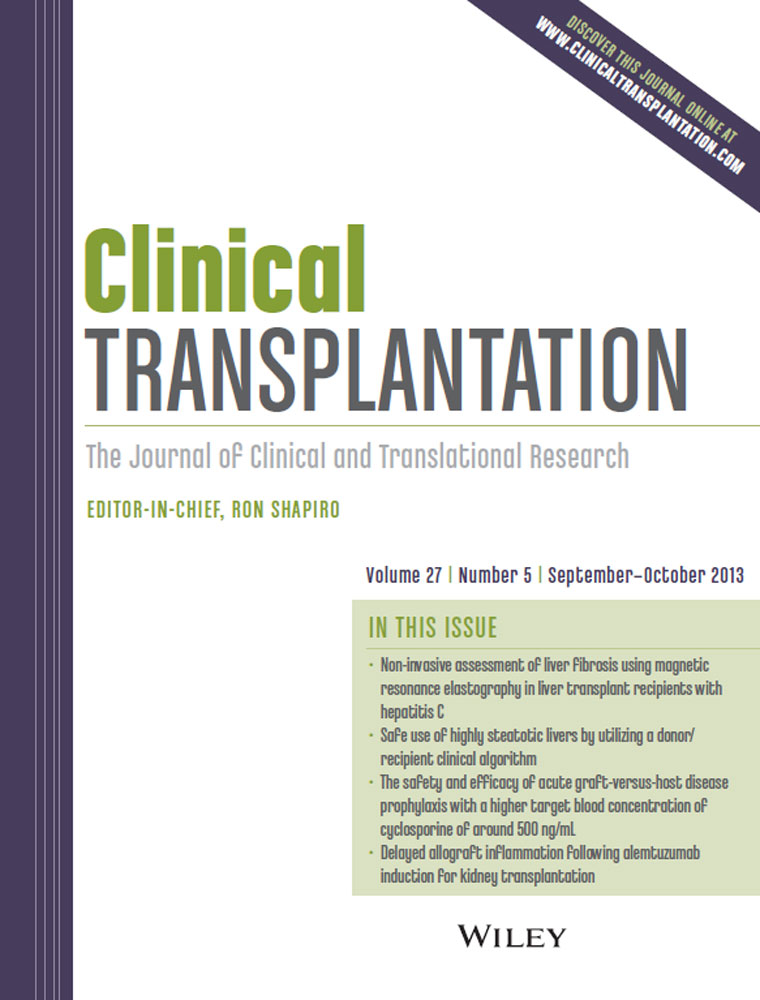The effect of donor-recipient gender mismatch on short- and long-term graft survival in kidney transplantation: a systematic review and meta-analysis
Abstract
Background
There is no limitation of gender matching in renal transplantation. This study was intended to evaluate its effect on short- and long-term graft survival.
Methods
PubMed, the Web of Knowledge, Medline, the Cochrane Library, and two additional Chinese databases were searched. The data were then abstracted and meta-analyzed.
Results
14 studies involving 445 279 patients were included. Each study reported data on the four gender matches (male donor-male recipient, MDMR; male donor-female recipient, MDFR; female donor-male recipient, FDMR; female donor-female recipient, FDFR). The pooled risk ratios (RRs) for 0.5-, 1-, 2-, 3-, 5-, and 10-yr graft survival rates showed that the FDMR group had the worst outcomes, and when recipients were female, short-term graft survival was worse, but long-term graft survival was better. The differences between groups changed with time.
Conclusions
FDMR patients showed poor graft survival. The female recipients had worse short-term graft survival but the best long-term graft survival. This study introduces an important consideration into donor-recipient matching in renal transplantation.




